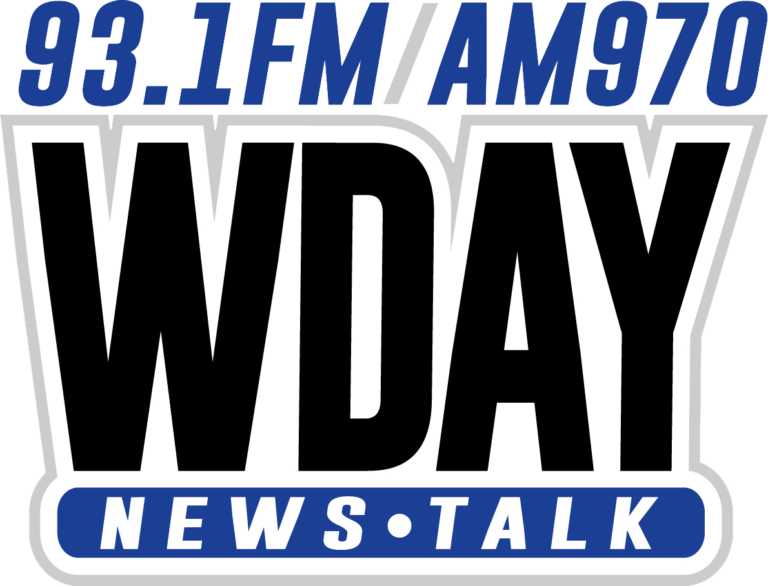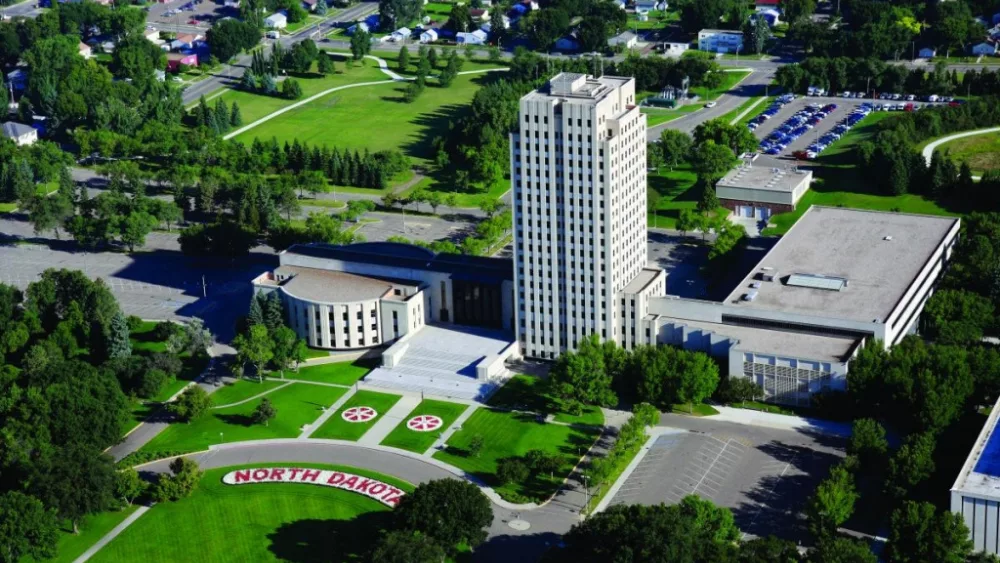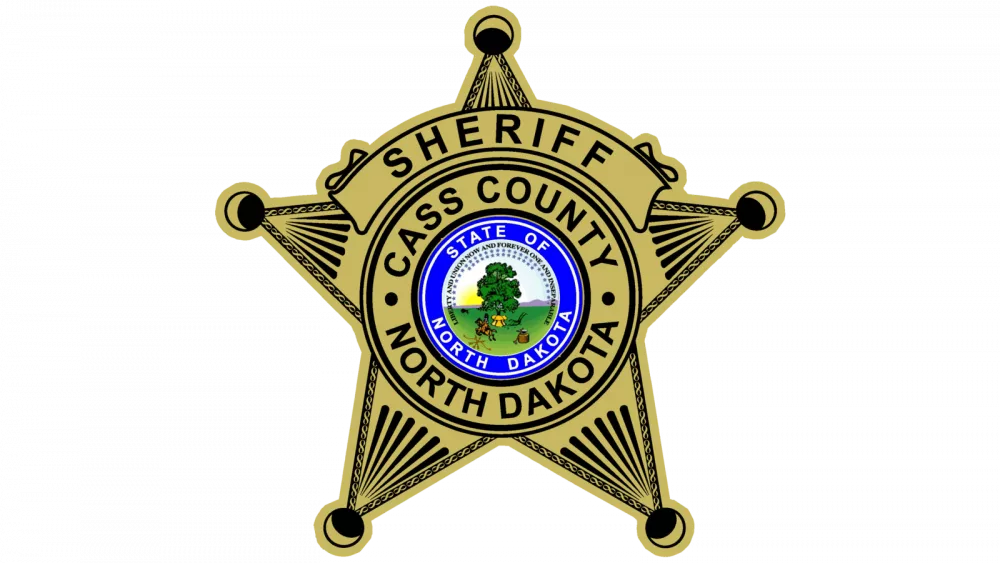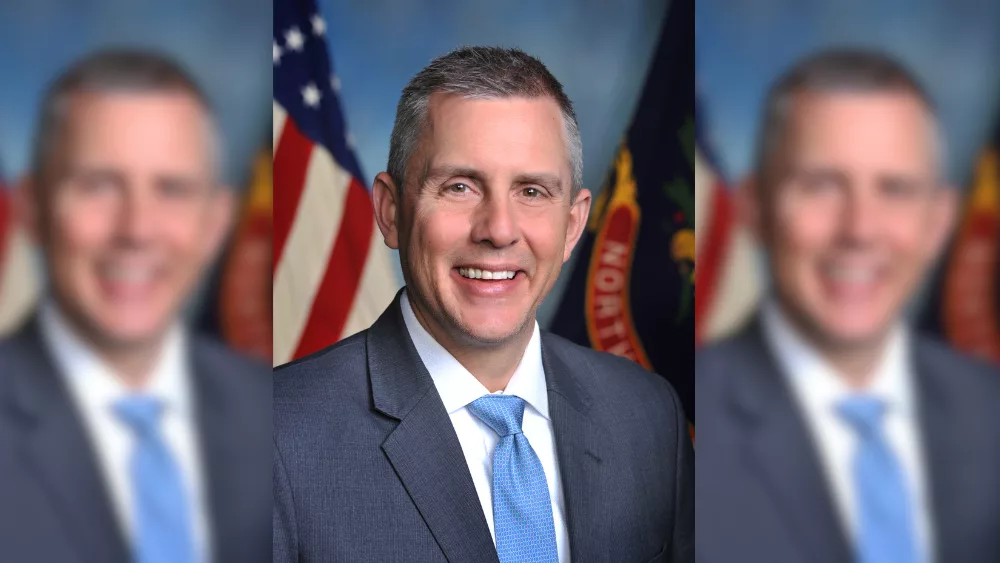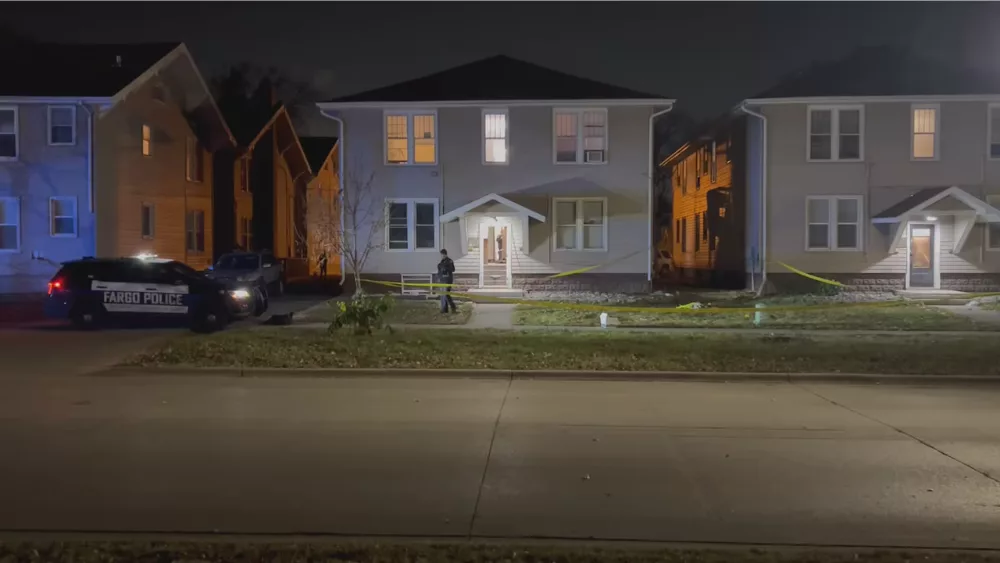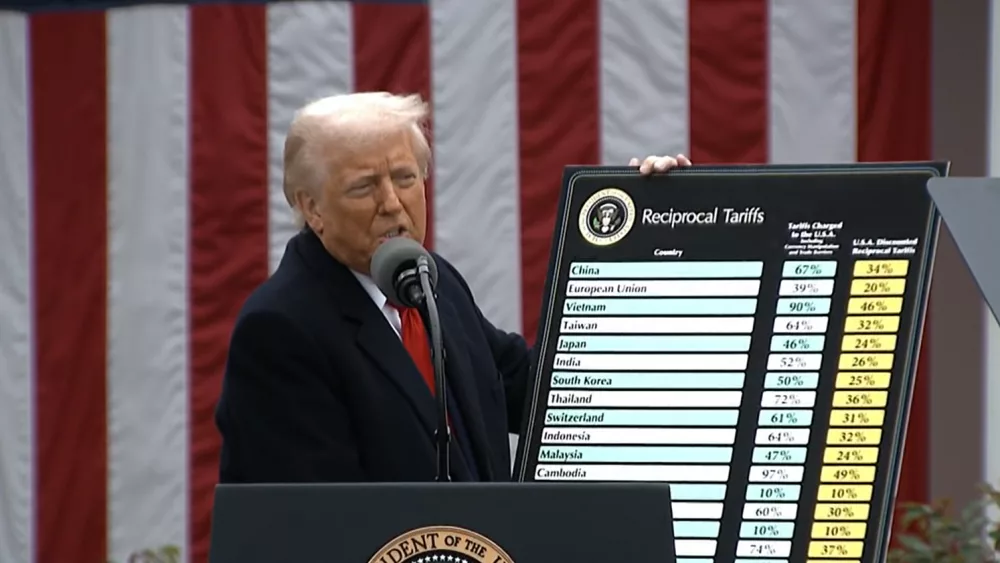Bismarck, N.D. – As the clock continues to wind down on the current North Dakota legislative session, one of the key issues before lawmakers remains unsettled.
Legislators continue to be at odds on what kind of property tax relief bill should be approved by both chambers.
The original bill that cleared the House called for a $1,450 primary residence tax credit, which Governor Kelly Armstrong supported, in his quest to achieve a goal of zero property taxes across the state.
But last month, the Senate Appropriations Committee passed amendments to House Bill 1176, which lowered the tax credit to $1,250 and required homeowners to pay at least 25% of their property tax liability.
The latter was referred to as a “skin in the game” amendment to ensure homeowners are vested in determining any possible future property tax increases.
Supporters say the changes also reduced the cost of the relief program by $75 million.
The full Senate approved the bill on Thursday, but the legislation is likely headed to a conference committee in hopes of hashing out differences.
“We’re not giving less. We’re giving more,” Republican Senate Majority Leader David Hogue tells The Flag’s Scott Hennen.
Hogue, who supports the Senate version, says the $1,250 primary tax credit is still higher than previous forms of relief that included a $500 credit approved during the 2023 legislative session.
Hogue also suggested that there is still “strategy” involved to reach a final compromise, but wouldn’t share details about what that would entail.
“The champions of property tax relief for North Dakota is the North Dakota Senate,” said Hogue. “And we are going to get the people as much as we can.”
But Governor Armstrong fired back about the lack of progress to come to a speedy consensus on finding the funding to make his original plan work.
“We walked in here [the session] with over $2 billion in surplus,” says Armstrong. “We say we can’t find 75 million dollars for property tax relief which is the single thing most of our constituents from one end of the state to the other are demanding?”
“I don’t know. Shame on us,” adds Armstrong.
House Majority Leader Mike Lefor, who supports the original House version, believes the path to zero property taxes “is gone” but is unsure if all sides will eventually see eye to eye.
“I honestly don’t know”, says Lefor. “Feelings haven’t changed at this point. I want to listen to their [the other side’s] arguments. I want to be fair about it, but I still have my views.”
Yet there are other lawmakers who think the state should think outside the box when it comes to relief.
“I have listened to every which way property taxes can be fair and the bottom line is that they will never be fair,” says State Senator Michelle Powers.
The Fargo Republican is proposing all state residents receive a share of dividends from the North Dakota Legacy fund, which socks away a percentage of oil and gas revenue for the state to use in times of fiscal emergency.
Powers thinks the voters should ultimately decide if that should happen.
“I want out of the property tax game completely,” says State Senator Michelle Powers.
Powers proposed the idea through a so-called “delayed” bill that was rejected, but holds out hope that her idea could be resurrected in the next session.
